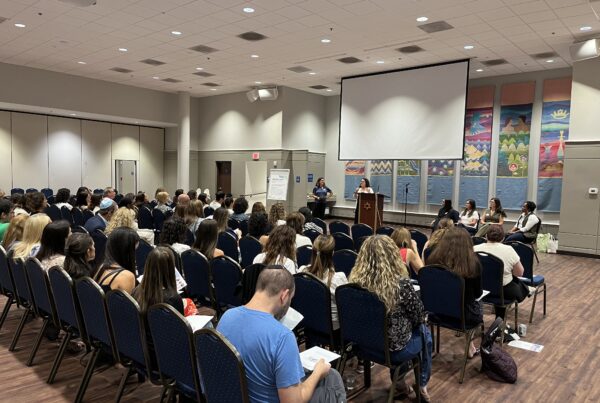When I joined Federation five years ago, Steve Rakitt, a past CEO of our Federation, congratulated me by sending a big, green plant. It thrived in my office until we left to work remotely, then it dramatically wilted and turned brown. I consigned it to our HR Director Jeanette Park, who spent months lovingly nursing it back to life. Today my plant is smaller, but thanks to Jeanette, it’s green and growing.
The plant’s comeback hints at one of the most revolutionary ideas in the history of humankind — the shmita or sabbatical year. Shmitah is the Torah’s commandment that humans take responsibility for the earth by letting the land lie fallow every seven years. A shmita year is also about justice — we are commanded to forgive all debts and let those who are hungry glean the grapes, olives, and crops that have not been harvested.
Rosh Hashanah 5782 ushers in a shmitah year and it has me thinking that for all the ways we have adapted and pivoted these past 18 months to survive the pandemic, what, if anything, have we done to truly change? This Rosh Hashanah and Yom Kippur, I believe that we stand at the brink of a major moral opportunity. There is no going back to normal. Everything around us has been disrupted and yet we cling to old habits, worn strategies, and puny expectations. A shmitah year, especially after a pandemic, is a reset, a moment to commit to radical change.
Let us use this brilliant opportunity, the shmitah year, to reevaluate our priorities and address them with fresh and bold thinking. It has never been more relevant or more urgent than right now.






